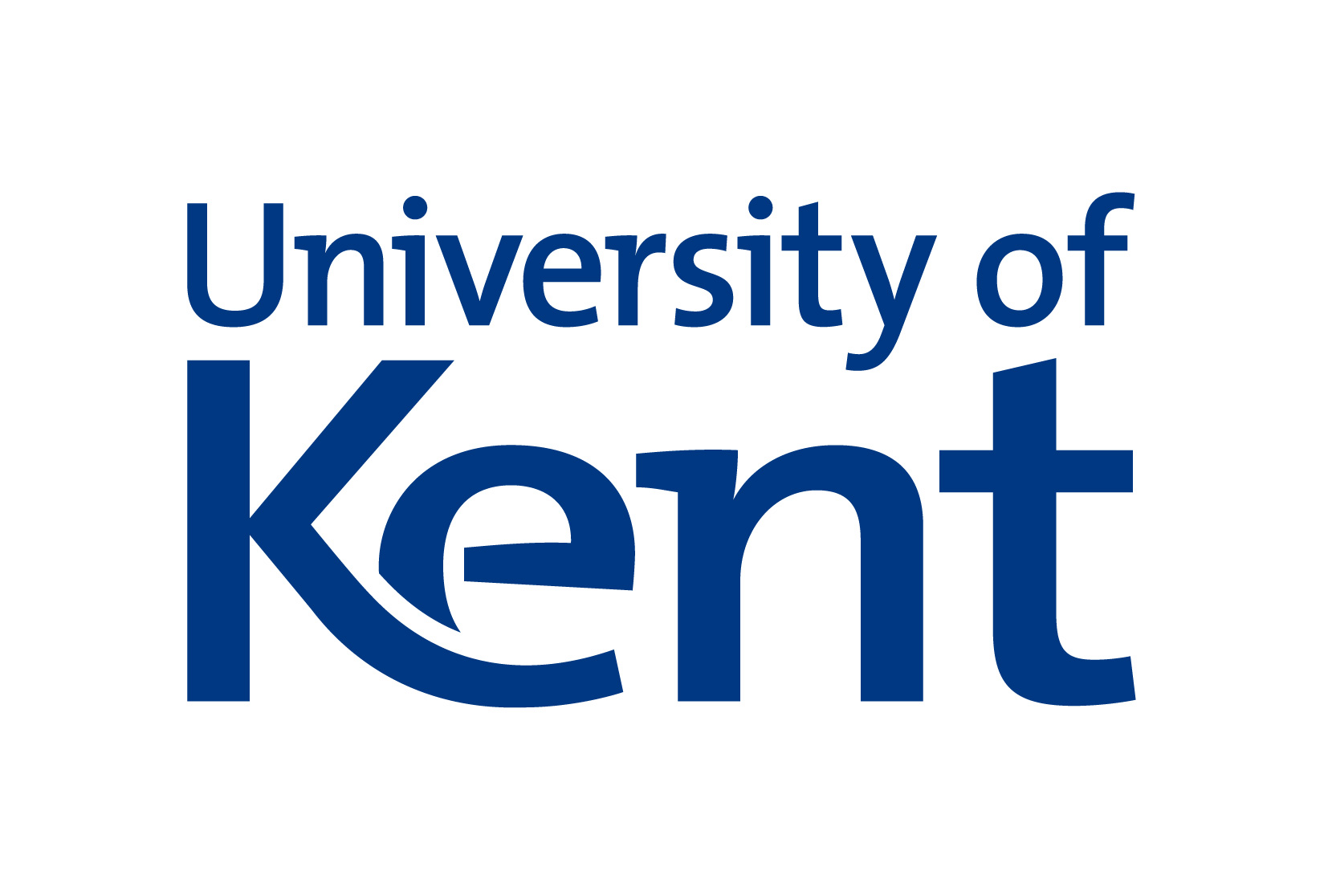About Mechanical Engineering - Phd in University of Kent
The Mechanical Engineering Group in School of Engineering offers a Masters by Research (MRes) as well as a PhD programme in Mechanical Engineering. A full time MRes is a one year programme that leads to a research thesis. The duration for PhD programme is three years.
The MRes and PhD research-led degrees in the Mechanical Engineering Group will allow you to undertake cutting-edge projects in advanced fields of Mechanical Engineering. These research fields include:
- computer aided design (CAD),
- failure of materials and structures,
- computational fluid dynamics (CFD),
- automation and manufacturing,
- risk and reliability,
- industrial maintenance,
- robotics and autonomous systems,
- and digital mechanics.
The School has state-of-the-art facilities and experimental equipment to support students’ research such as 3-D printer, wind tunnel, dynamic testing machines, mechatronic units and non-destructive testing (NDT) equipment. The School provides research students the opportunity to participate in regular research seminars and workshops. We also offer research students the possibility of attending international conferences organised by Mechanical Engineering societies to present their work.
Our one year MSc by Research in Mechanical Engineering is an internationally recognised advanced postgraduate research degree, providing an ideal foundation for advanced skills and knowledge. Traditional MSc degrees primarily contain taught modules, whilst an MSc by Research is heavily research or practice-based and you learn through hands-on projects.
Whereas a taught Masters develops expertise in existing subject knowledge, an MSc by Research places more emphasis on research and practical expertise and is project-based rather than module-based. An MSc by Research can focus on individual research skills, providing a strong foundation to build on for students considering a doctoral degree (PhD). Alternatively, our MSc by Research can be done via a practice-based approach, which is more orientated toward the industry. It is well structured, with clearly defined tasks to be completed, which will eventually lead to the final dissertation.
Academic qualification equivalents
-
For entry to a Kent PhD programme, Indian students typically need to have completed a Master’s degree with a First Class degree, a CGPA of 6.0/10, 60% or equivalent at an accredited institution.
English language requirements
- IELTS : 6.5 overall (with a minimum of 6.0 in R&W; 5.5 in S&L)
- TOEFL IBT: 90 overall (with a minimum of 22 in R; 21 in W; 17 in L; 20 in S
- PTE: 62 overall with 60 in each subtest
Highlights
| Establishment Year |
1965 |
| Location |
Canterbury, England |
| University Type |
Public |
| Campus Setting |
Rural |
| Student Enrollment |
19,860 |
| Endowment |
£ 5.528 million |
| Mode of Program |
Full time, distance and online |
| Financial Support |
Available |
| Campus Housing |
Available |
University of Kent Cost of Attendance
| Expenses |
Estimated cost (in GBP) |
| Undergraduate Fee |
15,200-18,400 |
| Postgraduate Fee |
16,000-19,000 |
| Average cost of living |
12,968 |
